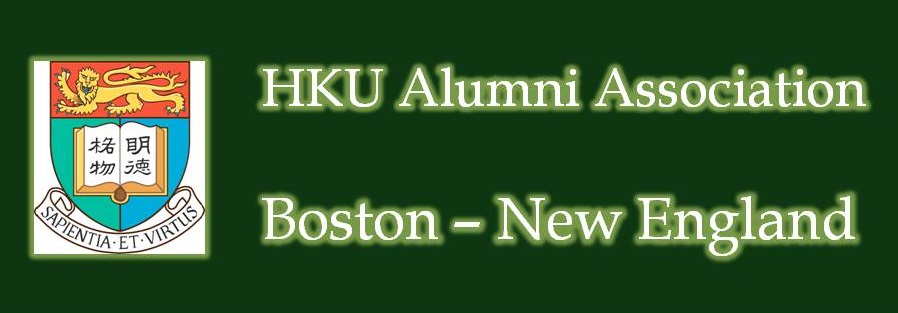校訓「明德」、「格物」二語,均出於「四書」中的《大學》。《大學》以簡明扼要的方式,闡明儒家修身齊家治國平天下的學說。《大學》開宗明義 說:「大學之道,在明明德,在親民,在止於至善。」又說:「古之欲明明德於天下者,先治其國;欲治其國者,先齊其家;欲齊其家者,先修其身;欲修其身者, 先正其心;欲正其心者,先誠其意;欲誠其意者,先致其知。致知在格物。」朱熹以「明明德」、「親民」、「止於至善」為三綱領,以「格物」、「致知」、「誠 意」、「正心」、「修身」、「齊家」、「治國」、「平天下」為八條目。八條目是實現三綱領的八個步驟。
釋義:「明明德」- 第一個「明」 字是使動詞,第二個「明」字是形容詞。「明德」是人與生俱來的光明皎潔的德性。「明明德」就是讓這種德性彰顯出來,並將它發揚光大。然後推己及人,使天下 的人都能夠彰明其明德,同歸於至善。校訓將「明明德」簡稱為「明德」。「格物」是八條目的根本,也就是「明明德」的基本工夫。「格物」指窮究事物的原理, 而「格物」最基本的方法就是讀書。「格物」的目的在於「致知」,即擁有淵博的知識。從「格物」、「致知」順推,即一步步做下去,才能達到「明明德於天下」 的終極目的。「明明德於天下」,則天下太平。
The Chinese motto on the University’s crest is taken from the Confucian classic the Great Learning and refers to moral and intellectual enrichment of human lives. The Latin motto, ‘Sapientia et Virtus’, aptly translates the spirit of the Chinese. The word Sapientia was in the Middle Ages rendered “wisdom”. It represents the best results of Ke-wu (格物) or Science as we should translate the phrase in modern English.
The Latin Virtus, in the sense employed by the stoics, with emphasis on the vir, has no exact equivalent in modern English, but it is the right meaning of te(德) in Confucian literature. Sapientia et Virtus conveys the application of knowledge to the necessities of life, subject to moral restraints.

